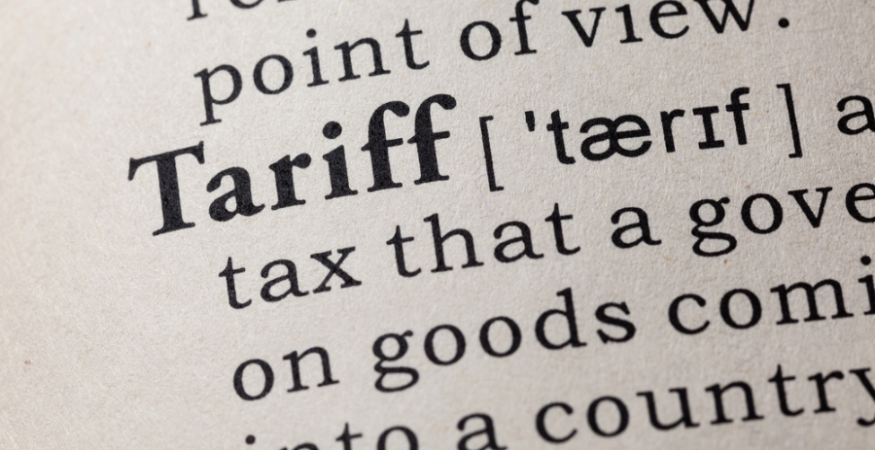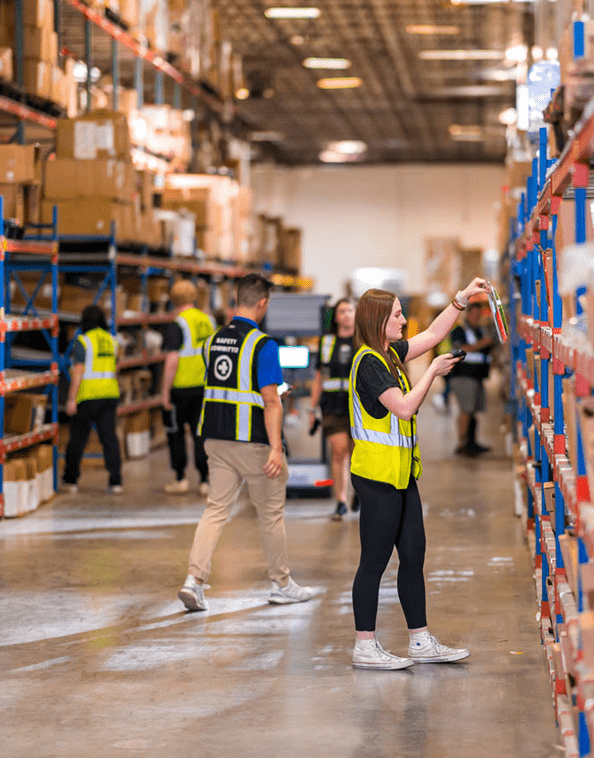What Is Tariff?
Tariff
A tariff is a tax or duty imposed by governments on imported or exported goods. It is commonly used to regulate trade, protect domestic industries from foreign competition, and generate government revenue. Tariffs can influence market prices, consumer choices, and international trade relationships.

What Is a Tariff?
A tariff is a tax imposed by a government on goods imported into or exported from a country. Tariffs serve as a key trade policy tool, helping regulate international commerce, protect domestic industries, and generate government revenue. They come in two main forms: specific tariffs, which apply a fixed fee per unit of goods, and ad valorem tariffs, which are based on a percentage of the product’s value.
How Do Tariffs Affect Shipping, Fulfillment, and Global Trade?
Tariffs have significant implications for businesses engaged in global trade, particularly those involved in shipping, fulfillment, and logistics. They impact various aspects of supply chain operations, including:
Shipping Costs and Import Fees: Increased tariffs can raise the cost of transporting goods across borders, directly affecting shipping rates and fulfillment expenses. Businesses that rely on international suppliers may face higher operational costs due to additional import taxes.
Customs and Compliance Challenges: Companies engaged in cross-border fulfillment must navigate complex tariff regulations, customs duties, and trade restrictions. Failure to comply with tariff requirements can lead to shipment delays, penalties, or even confiscation of goods.
Inventory and Warehousing Strategies: Higher tariffs on imported products may encourage businesses to stockpile inventory in lower-tariff regions or establish regional fulfillment centers to minimize duties. This shift in strategy can affect warehousing costs and distribution efficiency.
E-commerce and Consumer Pricing: For online retailers and third-party logistics providers (3PLs), tariffs can influence pricing strategies and profitability. Increased import costs may be passed on to consumers, potentially affecting demand and competitive positioning.
Trade Policy and Supply Chain Adjustments: Companies must stay agile in response to shifting trade policies and tariff adjustments. Businesses that rely on dropshipping, direct fulfillment, or international suppliers may need to explore alternative sourcing options or negotiate better shipping terms.
Navigating Tariffs in a Global Fulfillment Network
For businesses engaged in shipping and fulfillment, understanding and adapting to tariff regulations is crucial for maintaining cost efficiency and operational stability. Partnering with logistics experts, 3PL providers, and customs brokers can help businesses optimize shipping routes, reduce tariff exposure, and ensure compliance with international trade laws.
As global trade continues to evolve, businesses must proactively manage tariff-related challenges to streamline fulfillment operations, control costs, and enhance customer satisfaction in an increasingly competitive marketplace.



